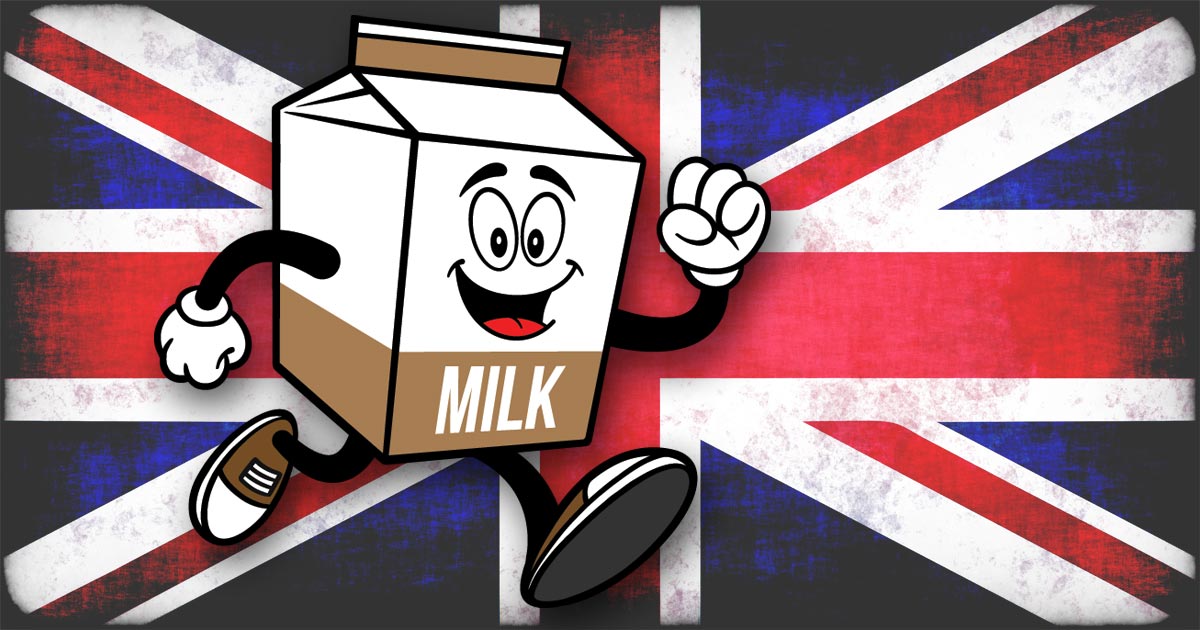I often wonder what we would pad the daily news out with if the UK hadn’t voted to leave the European Union on 23 June 2016. Last week, it was shaken up a bit with incidents of “milkshaking” – trending on Twitter as “lactose against intolerance” (was it British milk they were using?).
Even so, it seems all we hear about is Brexit – especially in the run up to the recent EU parliamentary election, which further clarified how divided the country is on the issue.
But what does Brexit mean for the veterinary profession?
Beyond our comprehension?
No doubt the UK’s relationship with Europe is so intricately entwined the leave process is far more complicated than leave voters – or anyone for that matter – could have begun to comprehend. Even now many of us do not (and likely never will) fully understand the detailed impact of Brexit on the country or within the veterinary profession.
As a British vet in first opinion mixed practice, I am aware of the general impact Brexit is likely to have on various aspects of the veterinary profession – within the agriculture industry, for example – although, apparently, many of the farmers who voted to leave, are not.
The Government has issued a guarantee that it will make the equivalent funding available for farm support as is currently provided by the EU via the Common Agricultural Policy, but only until the end of the current parliament. This is listed on GOV.UK as expected to be 2022, but with the current uncertainty in UK politics, a change in parliament before then is not beyond reasonable belief.
Less of everything
Veterinary staff
Concerns over the veterinary workforce (which were already critical long before the EU referendum in 2016) have since been reinforced.
With a large proportion of the veterinary workforce comprising EU nationals – particularly within the public health sector – there is substantial concern over staffing in the profession should it become harder to employ vets from Europe under the EU Settlement Scheme, or we lose valuable vets already in the profession due to changes in immigration status or the uncertainty alone.
In my practice of 12 vets, half are EU nationals, which is not an uncommon representation of general practice.
(Note: It has just been announced [29.05.2019] that the Migration Advisory Committee is set to advise the Home Office to put vets back on the Shortage Occupation List to help deal with recruitment difficulties across the profession).
Veterinary medicines
On a day-to-day basis, we have all been affected by various drug shortages. Some will argue these were happening long before Brexit started and that there have always been occasional manufacturing issues over the years.
As a 2017 graduate, I’ve not worked in a pre-EU referendum veterinary profession, so cannot justifiably comment, but it is scary when certain vital medications suddenly cannot be sourced, with fears this may only worsen when Brexit ultimately happens.
Jet set pets
Many vets will discuss the plan (or lack thereof) for pets travelling from the UK to the EU, for we still do not fully understand the implications of Brexit, even within this niche part of our job. All we can advise is that we don’t know how the legislation will change, and can only offer the “worst case scenario” (that which requires the most time, money and, ultimately, “faff”) – that being the four-month process of rabies vaccination, titre testing and waiting period post-blood test.
Re-entry to the UK after travelling pets to the EU still remains a mystery, and not being able to offer solid advice, is frustrating for both us veterinary professionals and our clients.
All the questions…
In a recent consultation, I began to explain the above and was immediately bombarded by the client’s disappointment with the way Brexit has been executed so far (or, rather, not), and how ridiculous the situation is. As a firm Remainer, I didn’t want to get sucked into a Brexit debate, so steered the conversation back to the dog – which, incidentally, was an EU-imported rescue.
As much as we can predict the impact of Brexit on our profession, there is still a crippling level of uncertainty.
The BVA has a lot of information and advice for vets, and while we can arm ourselves with as much information as we can from a professional point of view, in reality, we remain in limbo, just as much as the general public, and must continue to play the painstakingly slow waiting game.

Leave a Reply